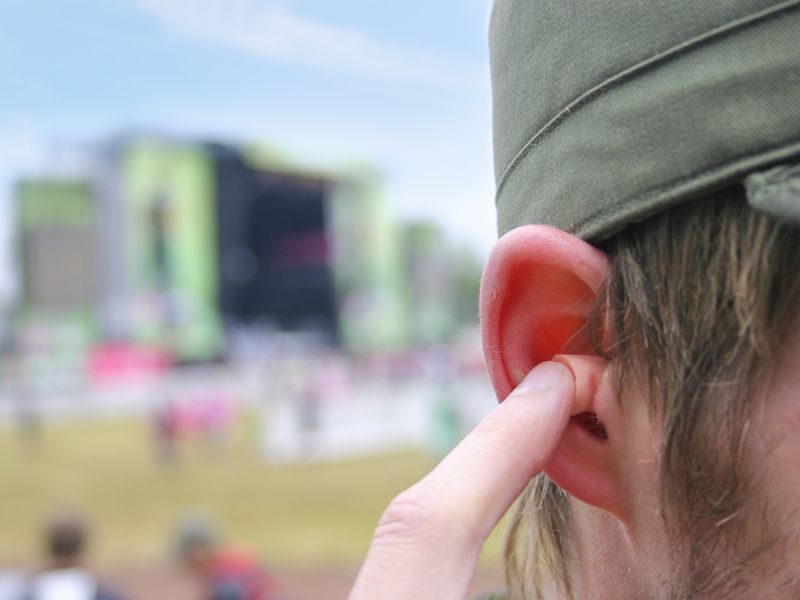
If you’re subjected to loud noises, for example using a lawnmower in your yard, going to a venue to see your favorite band in concert, or simply sleeping at home beside a snoring spouse, earplugs may be practical. Turning down the volume is how earplugs can help in the first two cases. They assist in saving your sanity and perhaps even your relationships, in the last case, by letting you get a good night’s sleep. But is your hearing being damaged by these protectors?
What’s The Purpose of Utilizing Earplugs?
It’s a pretty simple argument for using earplugs: Properly used, earplugs can help safeguard your hearing by reducing your direct exposure to excessive sound levels. Maybe you’ve observed that your hearing seems different when you leave a loud venue, for instance, a football game with a noisy crowd, and you may also have symptoms of tinnitus. This happens because those extremely loud sounds actually bend the tiny hair cells inside of your inner ear. In a couple of days, when the hairs have recovered, it often goes back to normal.
But in a number of instances, there is a relentless attack on those tiny hairs, particularly if you work in a noisy trade such as the music business or in an airport. In this circumstance, those hairs don’t get better, they are permanently injured. Inside each cochlea, you have about 16,000 of these little hair cells, but up to 50% of them can be damaged or destroyed before your hearing has altered enough for the deficiency to appear in a hearing assessment.
Is it Possible That Your Ears Could be Injured by Earplugs?
In terms of safeguarding your ears, it seems like it would be a no-brainer to wear earplugs. But particularly if you’re in situations where you’re exposed to loud noises on a regular basis (like on the job or with the above mentioned snoring significant other), over-the-head earmuffs or noise-reducing (but not completely stopping) headphones are a better choice. Earplugs are better suited to one-off situations such as a concert or sporting event than for regular use.
Why? The first problem is, earwax. In order to protect themselves, your ears create earwax, and if wearing earplugs is something you do constantly, more earwax will be produced, and the earplugs will push it in further. This can lead to issues like impacted earwax, which can trigger tinnitus and other hearing problems.
An ear infection can also be the outcome from overuse of earplugs. They can become bacteria breeding grounds if you use the same pair without proper cleaning and disinfecting. At the very least, ear infections can be a disruption of your day to day life. If left untreated, in the worst situations, they can result in an ear infection.
How Can You Safely Use Earplugs?
Whether it’s a restful night sleep or protecting your ears, there’s still a big benefit to using earplugs. Using them in the proper way and using the right kind is the key to success. Foam earplugs are the least costly, which is good because you really should not use them more than once, the soft, porous material is a germ’s haven. Don’t put wax or silicone earplugs back in your ears until they are thoroughly dry after utilizing warm water to completely clean them. It’s also a good idea to keep earplugs in a well ventilated container to discourage humidity, or worse, bacteria or mold, from building up.
You might want to speak with us about custom fit earplugs if you want or need them regularly. These are constructed from unique molds of your ears, they can be reused and since they’re fitted to your ears, their comfortable. Again though, to avoid any possible hearing damage, it’s important to practice good earplug hygiene!